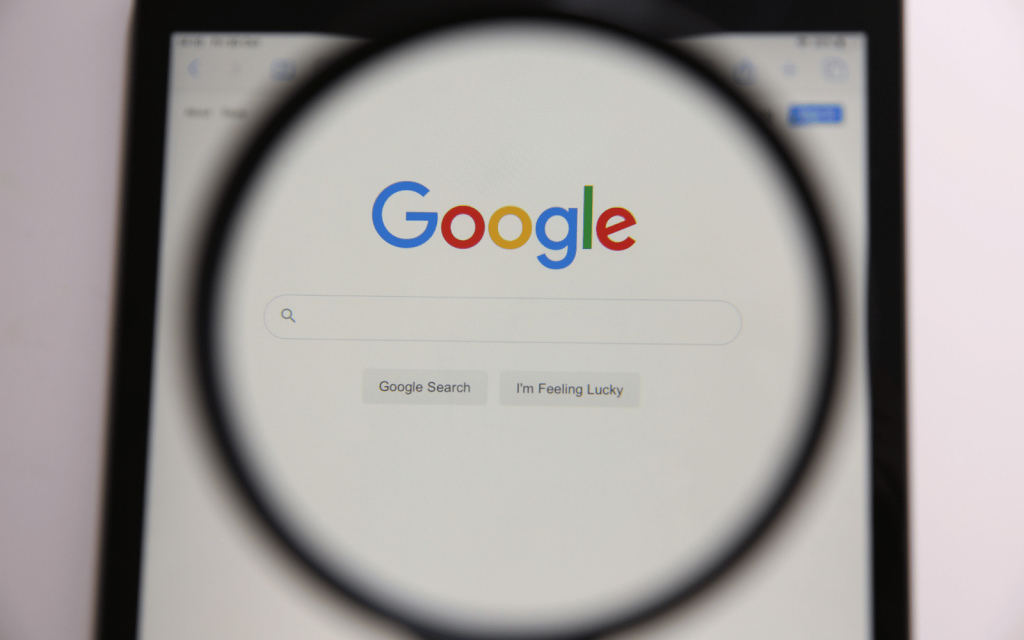Only “illicit businesses (cigarettes or drugs) that could rival these economics” said Google vice president for finance Michael Roszak in a note that the search giant fought to keep from being made public.
“Search advertising is one of the world’s greatest business models ever created,” Roszak started the July 2017 note, adding “We are fortunate to have an amazing business”.
The note, supposedly from a training session, has come to light in the first month of the US government’s first major antitrust case in two decades.
Talk about an own goal. Having lost the fight for the note to be made part of the public court record, Google has tried to portray the note as part of “a public speaking class in which the instructions were to say something hyperbolic and attention-grabbing,” as a spokesman told Bloomberg.
Google’s lawyer, Edward Bennett, told the court the notes were Roszak’s attempt at “cosplaying Gordon Gekko” – the despicable lead character from the 1987 movie Wall Street.
Yeah, right.
Roszak himself said in court his notes were “full of hyperbole and exaggeration” – but they weren’t. Having watched Google evolve from the scrappy little startup to the world-dominating behemoth that it now is, this has been how Google grew to be so big – and so powerful. This is Google’s attitude laid bare.
As he wrote in the note: “Part of what has been so amazing about that is what we’ve essentially been able to ignore one of the fundamental laws of economics – business need to worry about supply and demand.”
“When talking about revenue, we could mostly ignore the demand side of the equation (users and queries) and only focus on supply side of advertisers, ad formats and sales. Sure, we had to build the best product, made smart marketing / distribution investment to get our product everywhere but we could essentially tear the economics textbooks in half.”
Of course Google didn’t have to worry about the demand side because it effectively created it with its own programmatic advertising.
By collecting vast amounts of data about individual internet users, Google (and a host of other data mongers, including Facebook) peddled the idea that an advertiser could find and speak to a highly targeted audience through the search giant’s huge network of advertising placement.
Read More: Not a happy 25th birthday for “monopolist” Google
Of course, it could “essentially tear the economics textbooks in half” because Google had managed to capture both sides of the equation. It created programmatic advertising – for which it set the prices – while also creating all the places and opportunities for that advertising.
It’s gaming the system – which is what the US Department of Justice and most of the States are arguing. Roszak’s “embarrassing” note, as the judge described it, just makes the point that everybody knows.
That’s why it’s called surveillance capitalism.
Likening Google to selling “cigarettes or drugs” is frankly an apt comparison. Once programmatic advertising got the world hooked, there’s no way to get people off of Google’s own form of a drug habit they can’t kick.
- This column first appeared in the Financial Mail




